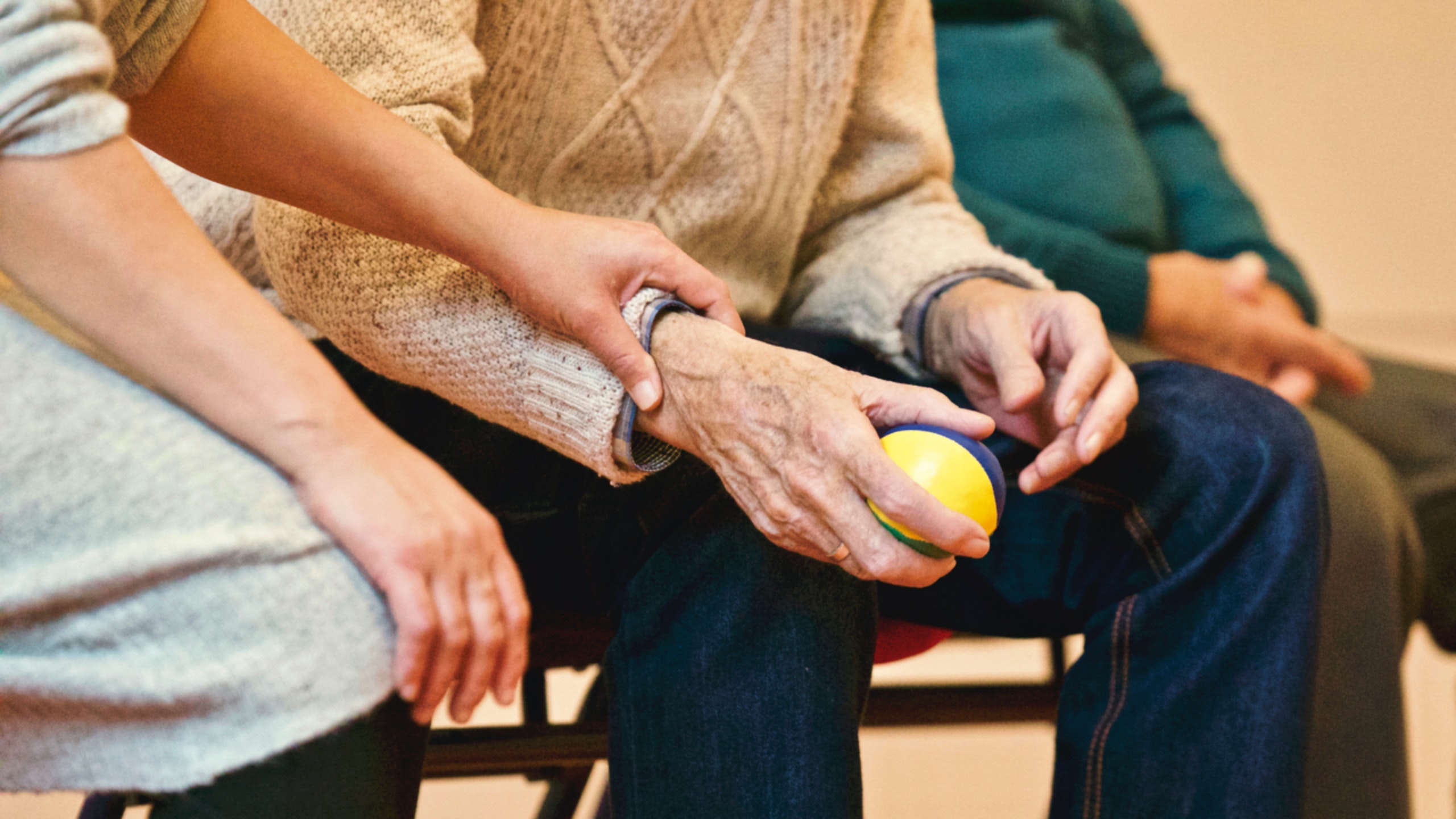Logistically and emotionally preparing for hospice care can be challenging for everyone involved. Planning ahead can make this difficult time feel somewhat smoother. It can also ensure that your loved one’s wishes are respectfully honored. If end-of-life care is imminent, here are some of the best steps you can take.
Learn About Hospice Care
Hospice care emphasizes comfort and safety throughout the dying process. Hospice care is intended for people who have a prognosis of six months or less, and the hospice patient must opt out of any medical treatments aimed to cure the illness.
Palliative care and hospice care are sometimes used interchangeably, but the services provided are different. Palliative care supports anyone with a serious, life-threatening illness. Palliative care addresses medical symptoms, whether they’re physical or emotional. Hospice nurses, on the other hand, no longer try to slow down or cure a patient’s condition.
If you’re considering home hospice for your loved one, it’s important to start the conversation with their doctor. A physician determines if someone meets the medical eligibility for hospice services, but you’re welcome to have this discussion at any time.
In most cases, hospice care occurs at home, although it may also take place in a nursing home or designated hospice center. hospital bed, or a designated hospice center. The hospice care team focuses on maintaining a quality of life for individuals and their loved ones in the last stages of a terminal illness. This allows people to die with a sense of dignity and, ideally, be surrounded by the people who matter most.
You will generally find that hospice care staff members are kind and caring. They communicate well, strive to be good listeners, and they aim to deeply support families during the last stage of an advanced illness. The hospice health professional care team may consist of home health aides, nurses, doctors, social workers, and trained volunteers. Insurance or Medicare may cover some or all of this medical care.
Review End-of-Life Wishes
Start conversations about home hospice care and other related services early. Keep in mind that talking about these options generally isn’t a one-time conversation. In addition, your loved one’s wishes may change over time.
Before starting the process, it’s essential to talk about your loved one’s logistics, including their living will, advance directive, and funeral preferences. It’s also important to talk to your loved one about handling pain. The hospice team members will do their best to adhere to these requests.
Collaborate with other family members on how you will come together during this time. Keep in mind that it’s normal for there to be some tension between people. You and another family member may disagree on the right thing to do. Aim to be respectful and empathetic when making plans- everyone’s emotions are running high right now.
Establish Your Own Support
If you’re a caregiver, it’s also important to be mindful of your own needs- nobody can adequately provide care 24/7 without any breaks.
Friends and family members will likely want to help you during this time, but they may not know what to do. It’s a good idea to consider assigning people specific tasks.
Support groups can be invaluable during this time. Being around like-minded people experiencing similar struggles offers a sense of safety and validation. You are not alone in this process.
Have a Self-Care Plan For Yourself
Any hospice provider, including a caregiver, risks burning out or feeling profoundly lonely during this final stage. Make sure that you are taking care of yourself as much as possible.
Self-care doesn’t need to be time-consuming or complex to be effective. Try to prioritize integrating physical and emotional activities that feel good and provide a sense of restoration. Remember that you can generally only give your best when you’re giving yourself the best, too.
Create Your Organization System
If you’re preparing for hospice at home, you need to ensure that you have a safe and comfortable environment for your family member. Be mindful of tripping hazards, germs, and other potential dangers. Consider spending a few days to reassess your home environment to determine if you need to make any structural changes.
Your organization should include these main priorities:
- Having a master calendar where you can track appointments, doctor visits, and important dates to share with your loved one
- Making a weekly checklist for chores and other essential tasks
- Ensuring that you have a medication log with times and doses
- Having all emergency contact information on hand and in a highly accessible place
How Therapy Can Provide Support for Hospice Care Loved Ones
During this emotionally-taxing time, you may feel depleted, angry, sad, and afraid. You might also experience some relief in knowing that the end is near. Your daily living routine will change, and making decisions du
I am here to provide you with additional support and compassion throughout this experience. There’s no absolute way to prepare for the final days of someone’s life.
Contact me today to learn more and schedule a consultation.

